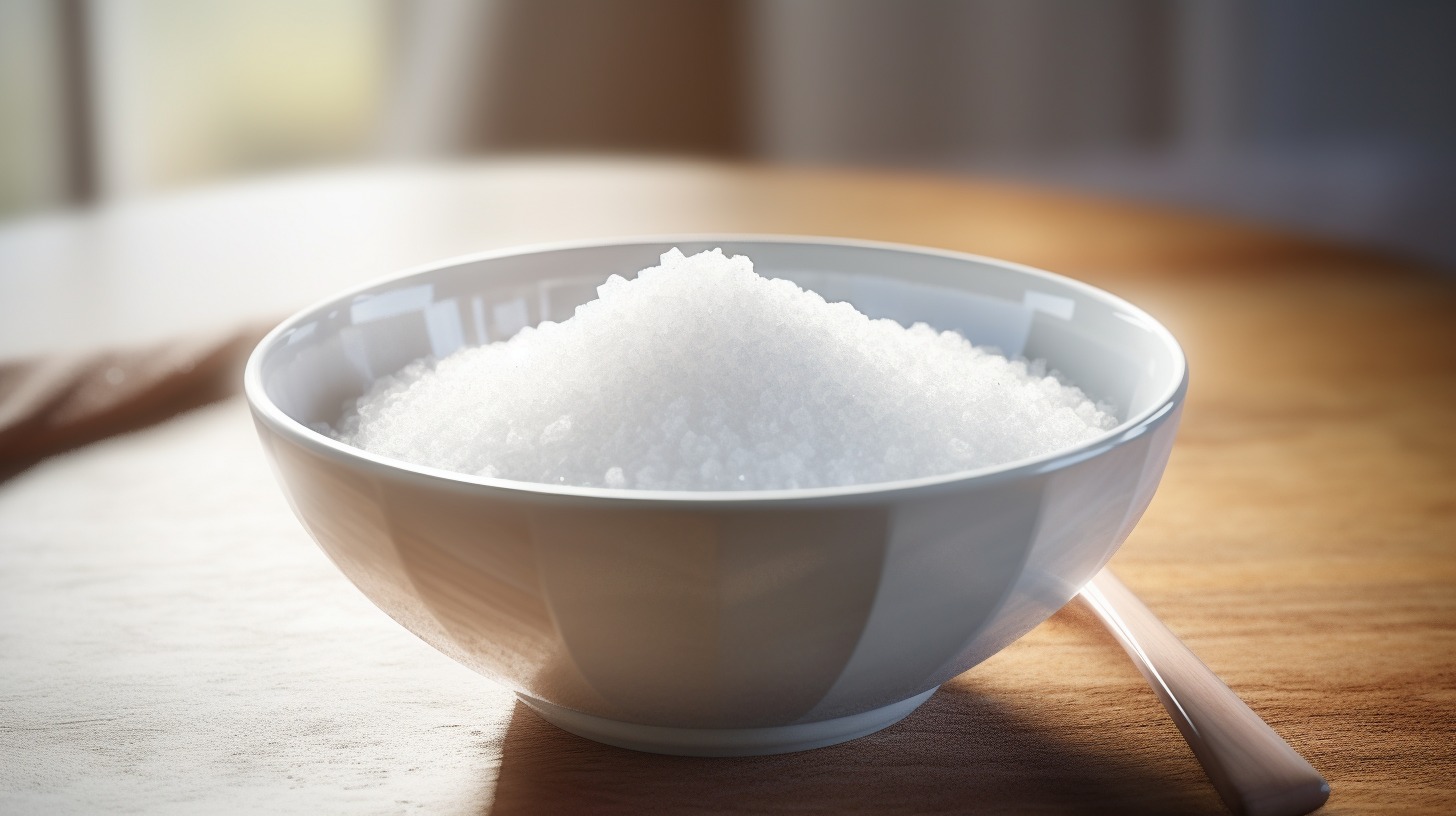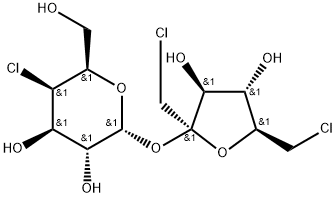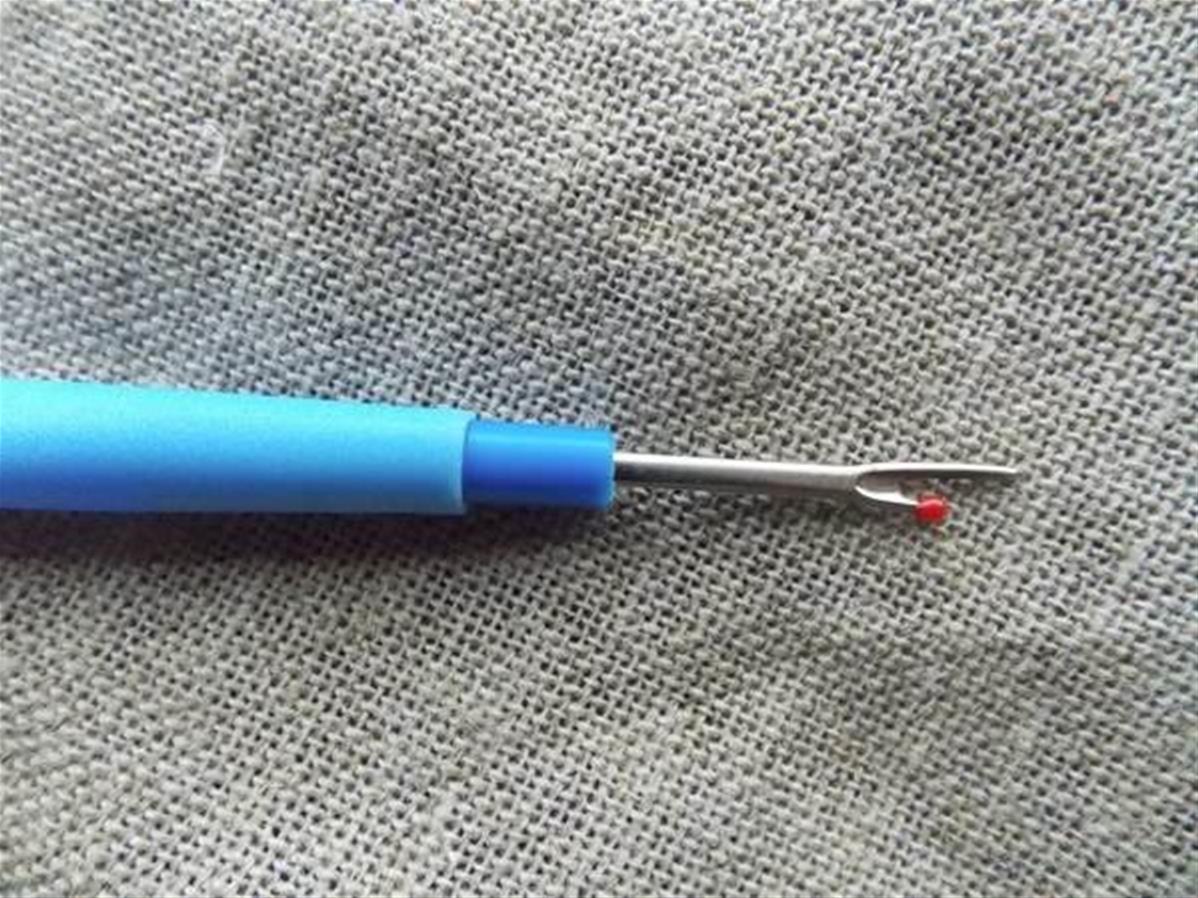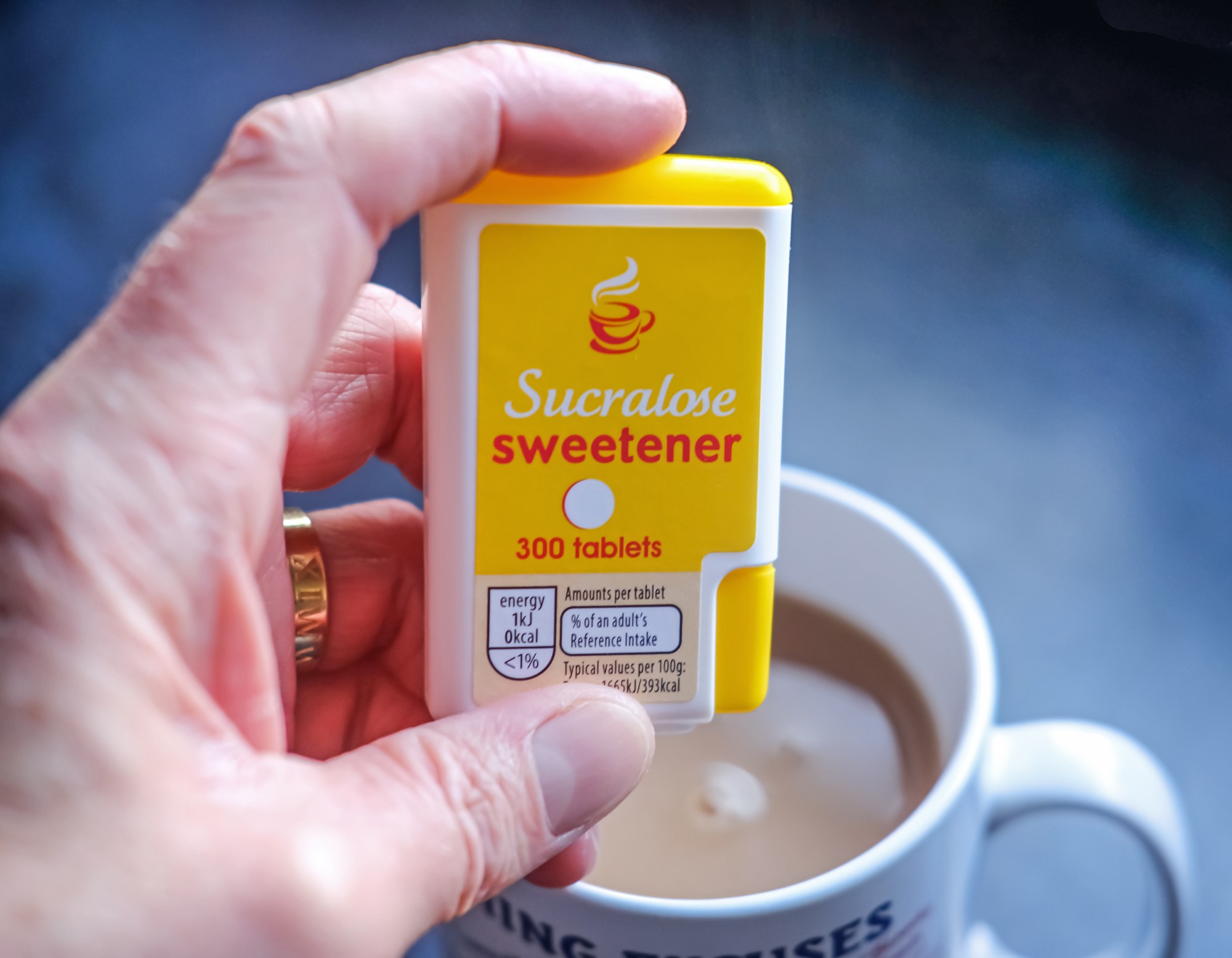
Reactions: high-dose sucralose sweetener reduces immune response in mice
A study in mice has found that high doses of the sweetener sucralose can reduce the immune response and, under certain laboratory conditions, alter its action against infections or tumours. The results are published in the journal Nature.
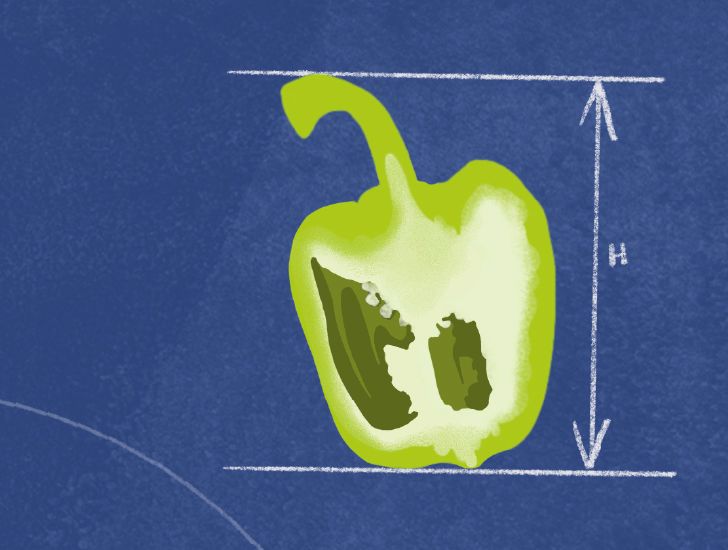
Splenda: Common sweetener may suppress immune system in rodent study

Artificial sweeteners may tip scales toward metabolic problems

High sucralose intake suppresses autoimmunity and promotes tumor growth by limiting T cell‐mediated immune responses - Lin - 2023 - MedComm – Future Medicine - Wiley Online Library
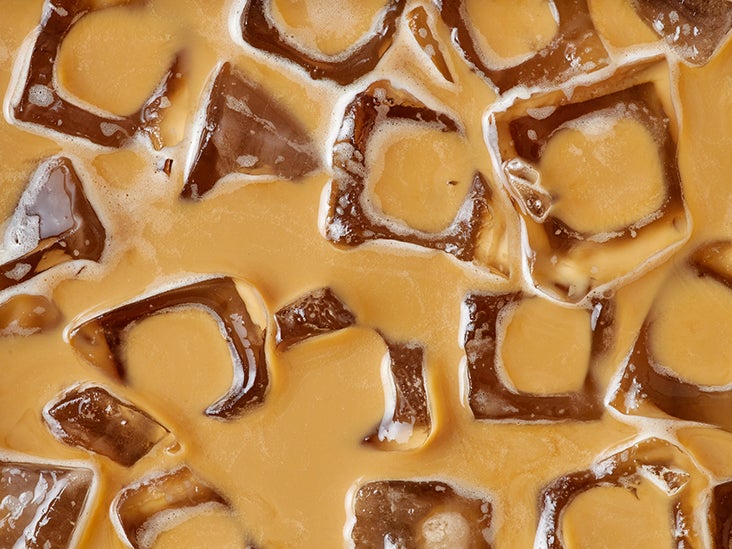
Splenda: Common sweetener may suppress immune system in rodent study

Daily briefing: Common sweetener reduces immune response in mice
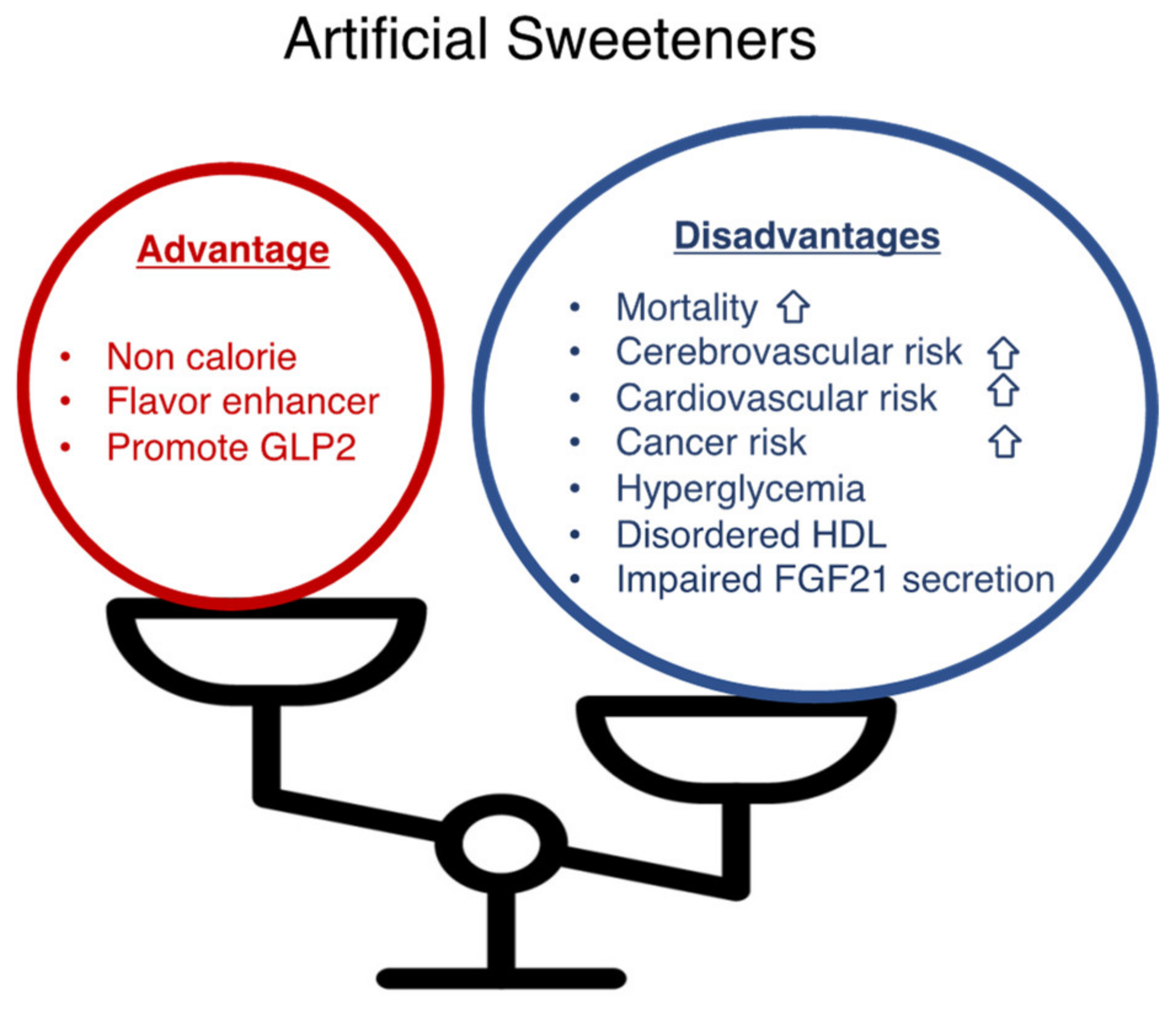
Nutrients, Free Full-Text

High-dose saccharin supplementation does not induce gut microbiota changes or glucose intolerance in healthy humans and mice, Microbiome

High sucralose intake suppresses autoimmunity and promotes tumor growth by limiting T cell‐mediated immune responses - Lin - 2023 - MedComm – Future Medicine - Wiley Online Library
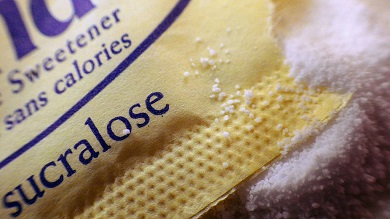
Common Artificial Sweetener Sucralose Found to Impact T Cell Immune Response In Mice. Potential Therapeutic For Autoimmune Diseases? - Thailand Medical News

High consumption of common artificial sweetener lowers activation of T-cells in mice

Sucralose treatment limits T cell-specific responses in vivo a–c, CD8

Chronic Consumption of Sweeteners and Its Effect on Glycaemia, Cytokines, Hormones, and Lymphocytes of GALT in CD1 Mice

Commonly used sweetener has 'unexpected effect on immune system', say scientists
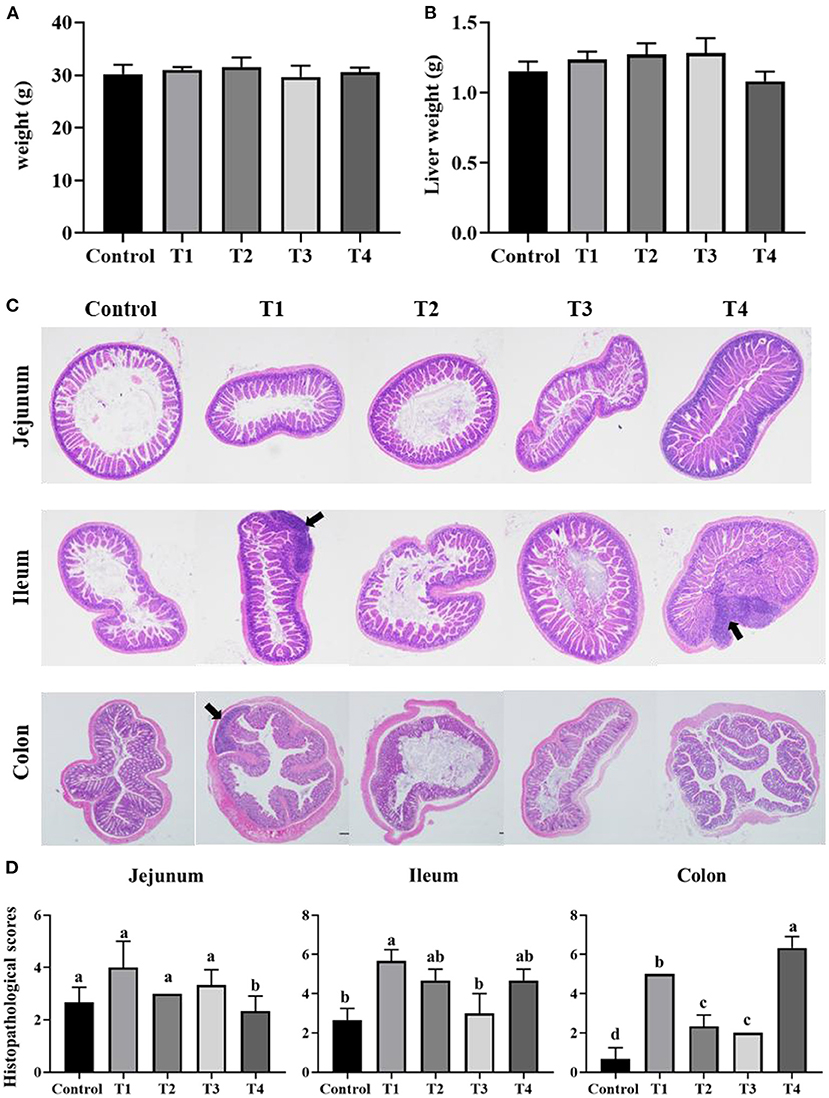
Frontiers Low Dose of Sucralose Alter Gut Microbiome in Mice

Researchers discover the immunity-boosting benefits of Sucralose


